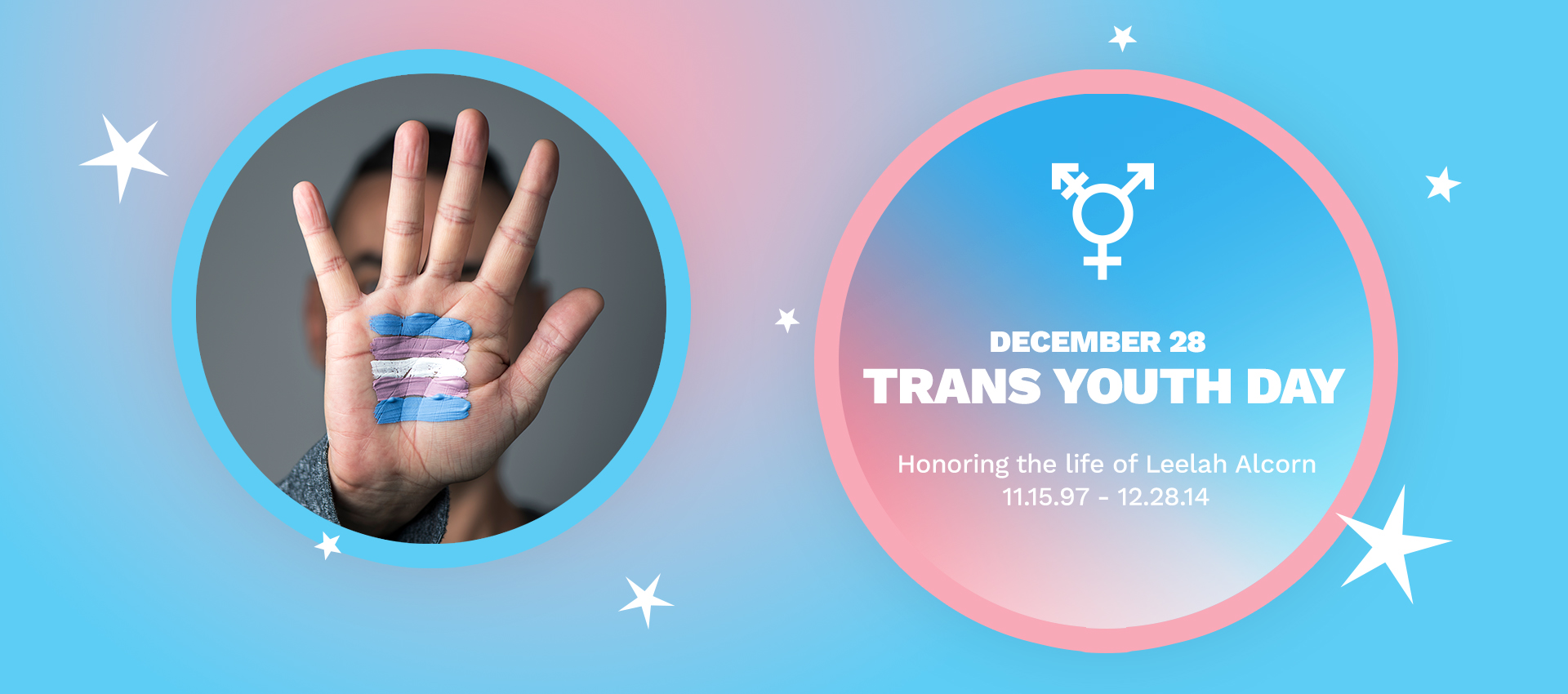The COVID-19 pandemic in the United States has quickly reshaped reproductive and sexual health experiences for people. As a result, family planning continues to be an essential service. To understand the impact of COVID-19 on reproductive health services, Guttmacher Institute surveyed 2,009 cisgender (a person whose gender identity matches their sex at birth) women aged 18-49 who had ever had penile-vaginal sex between April 30 – May 6, 2020.
(To view the complete report, click here)
1. Childbearing Preferences
More than 40% of women reported that because of the pandemic they changed their plans about when to have children or how many children to have. These changes were more common among women without any children. Women that already experience systemic health and social inequalities (such as women of color, queer women, and low-income women) were more likely to change their preferences. In contrast, 17% of women wanted to have a child sooner or wanted to have more children because of the pandemic.
2. Access to Contraception and Reproductive Health Services
During the pandemic, women’s access to reproductive health services and ability to pay for these services has been impacted. Access to in-person healthcare has been limited. In addition, people may have avoided available in-person healthcare due to fear that they or a family member would be exposed. 33% of women reported that because of the pandemic, they had to delay or cancel an appointment or had trouble getting their birth control. Telemedicine has helped fill in the service gaps. For example, 24% reported they had switched to a telemedicine visit to have their birth control pill refilled.
3. Attitudes Towards Contraception
Women’s attitudes towards contraception have changed because of the pandemic. 34% of women reported that they are more careful about using a contraception every time they have sex. For some, the pandemic has moved them towards more effective contraceptive methods and use that is more consistent. 23% of women reported that they are thinking about getting a longer-acting contraceptive method, such as IUDs, implant, the shot.
4. Intimate Partner Violence (IPV)
Increased stress and uncertainty of the pandemic may have exposed some women to IPV. Stay-at-home orders and social distancing have made it harder for people experiencing IPV to obtain support and resources. 16% of women reported having experienced IPV in 2020 so far. Among those who reported, 33% indicated having trouble or unable to seek service due to the violence they experienced.
Don’t let COVID-19 stop you from getting reproductive health services – find a healthcare provider near you.



